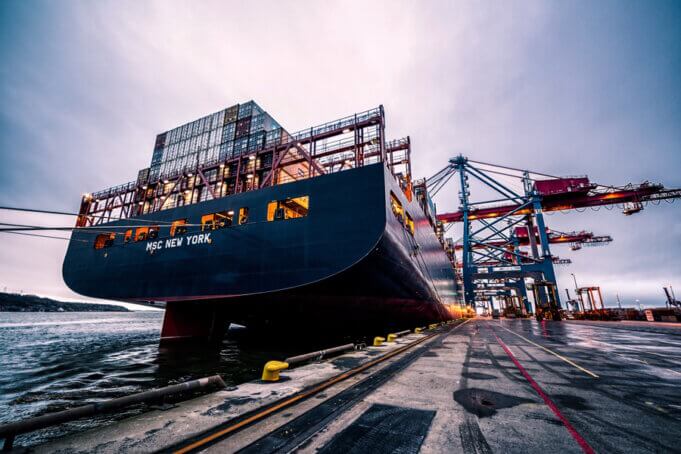Jawaharlal Nehru Port Authority (JNPA), India’s leading container port, has achieved another remarkable feat by setting a global benchmark in container cargo handling, just a month after its record-breaking performance in the last financial year. The Logistics Performance Index (LPI) Report, 2023, published by the World Bank, has ranked JNPA among the top performers worldwide, with an impressive turnaround time (TAT) of just 22 hours (equal to 0.9 days). The turnaround time is the time ships spend waiting in port for loading or unloading cargo and is a major factor for judging port performance.
This achievement is a result of various measures taken by JNPA to reduce dwell time and improve operational efficiency. The terminal operators’ efficiency has been the most significant contributor, along with better landside rail and road connectivity, the introduction of a Centralised Parking Plaza (CPP), digitization of processes, streamlined berthing and unberthing of vessels, and deploying more tugs for a smooth transition of the vessel.
Shri Sanjay Sethi, Chairman of JNPA, expressed his excitement about the achievement and said, “This is exciting news for all of us at JNPA. Just last month, we achieved a record of handling 6.05 million TEUs in 2022-23, and the World Bank data reiterates that our efficiency parameters are better than many countries as per LPI 2023 report. We, as a team, are committed to further reducing the logistics cost and time for the EXIM trade.”
During FY23 major Indian ports collectively handled a record-breaking 795 million tonnes of cargo, registering a 10.4 percent growth over the previous year. Furthermore, they achieved the highest-ever output per day of 17,239 tonnes, marking a 6 percent increase compared to the last year. Another significant accomplishment was the best-ever operating ratio of 48.54 percent. The Jawaharlal Nehru Port Authority (JNPA) set a new benchmark by handling over 6 million TEUs, reflecting the highest container throughput. Lastly, the major ports recorded their highest-ever number of vessels handled, reaching a total of 21,846 vessels in the year.











